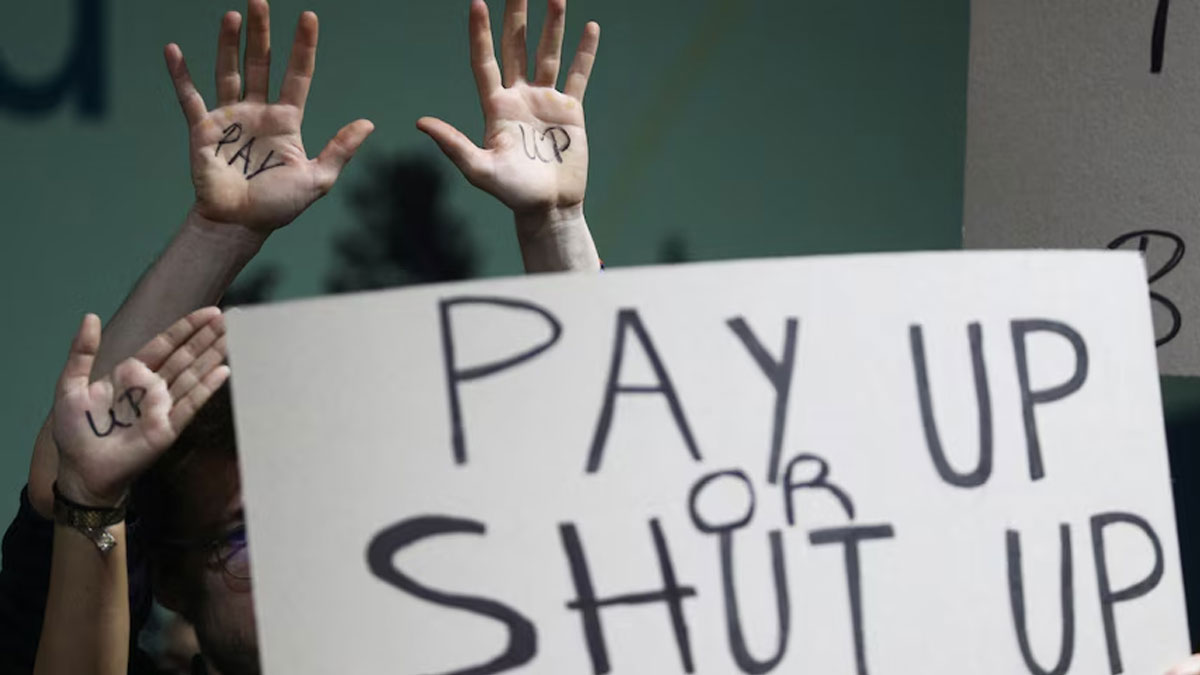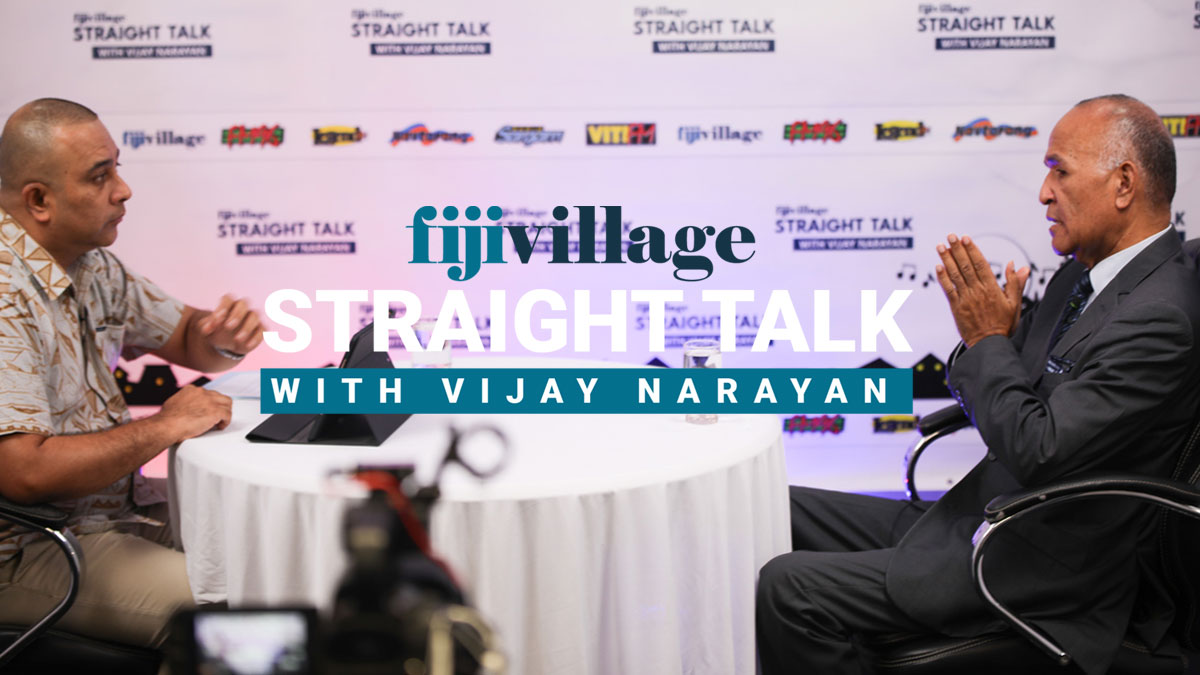
Negotiators representing several island nations temporarily walked out of the COP29 climate summit on Saturday, amid tense discussions over funding to combat climate change.
The UN summit in Azerbaijan was scheduled to end on Friday, but has since been extended an extra day as representatives of over 200 countries work towards a deal.
Poorer nations are demanding hundreds of billions of dollars in finance be available from wealthier nations by 2035 to help them cope with the impacts of climate change.
A number of wealthy, high-emitting nations — including Australia — upped their combined offer in annual funding from $US250 billion to $US300 billion ($384 billion to $461 billion) a year on Saturday.
Developing countries have been demanding around $US390 billion ($600 billion) in annual funding.
The new goal is intended to replace developed countries' previous commitment to provide $100 billion in climate finance for poorer nations per year by 2020. That goal was met two years late, in 2022, and expires in 2025.
Representatives from the least developed countries and small island nations blocs walked out of a negotiating room in frustration at one point on Saturday afternoon, but said they remained committed to finding a deal.
"We want nothing more than to continue to engage, but the process must be inclusive," the Alliance of Small Island States said in a statement.
Fiji's Deputy Prime Minister Biman Prasad said he was optimistic common ground could be found.
"When it comes to money it's always controversial but we are expecting a deal tonight," he said.
Deal on carbon offsets struck, despite greenwashing concerns
Despite the impasse on annual climate funding, a deal was reached between negotiators to establish new rules for carbon trading.
The deal would see a United Nations-backed framework for carbon credit trading established, supporters say.
Carbon credits are generated by activities that reduce or avoid planet-heating greenhouse gas emissions, like planting trees, protecting existing carbon sinks or replacing polluting coal with clean-energy alternatives.
Until now, these credits have mainly been traded by companies on an unregulated market dogged by scandal.
The new system, agreed on Saturday, would see both a UN-run system for trading carbon credits, open to both states and companies, and a country-to-country trading scheme.
However, some experts expressed doubt that the quality of the carbon credits traded on the regulated market would be much better than those that came before.
Erika Lennon of the Center for International Environmental Law said it would be necessary to make sure these markets do not create "even more problems and more scandals than the voluntary carbon markets".
[Source: Reuters/AFP]
Stay tuned for the latest news on our radio stations

